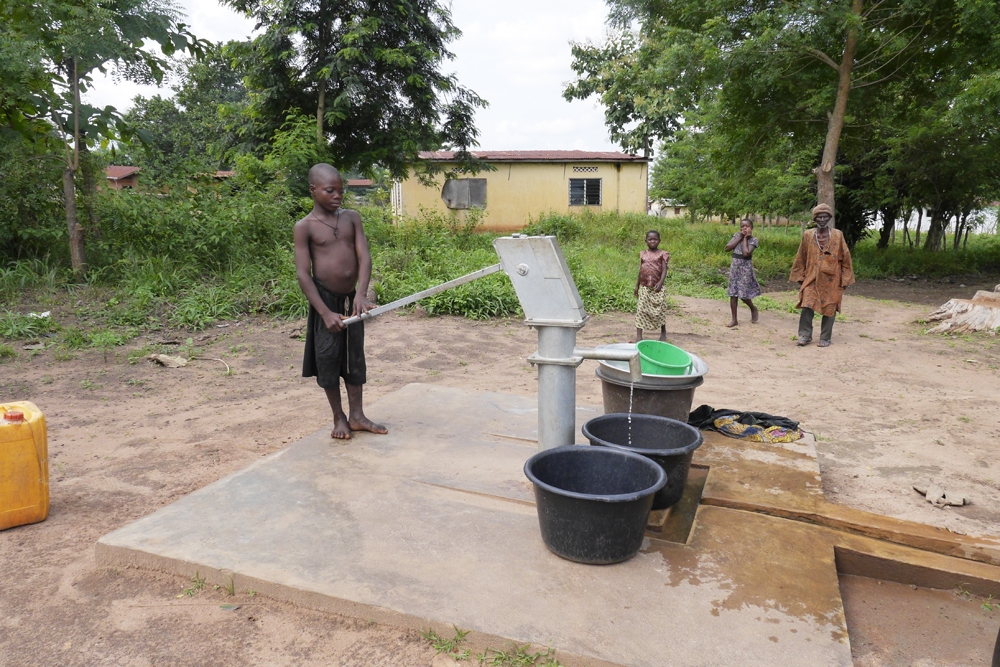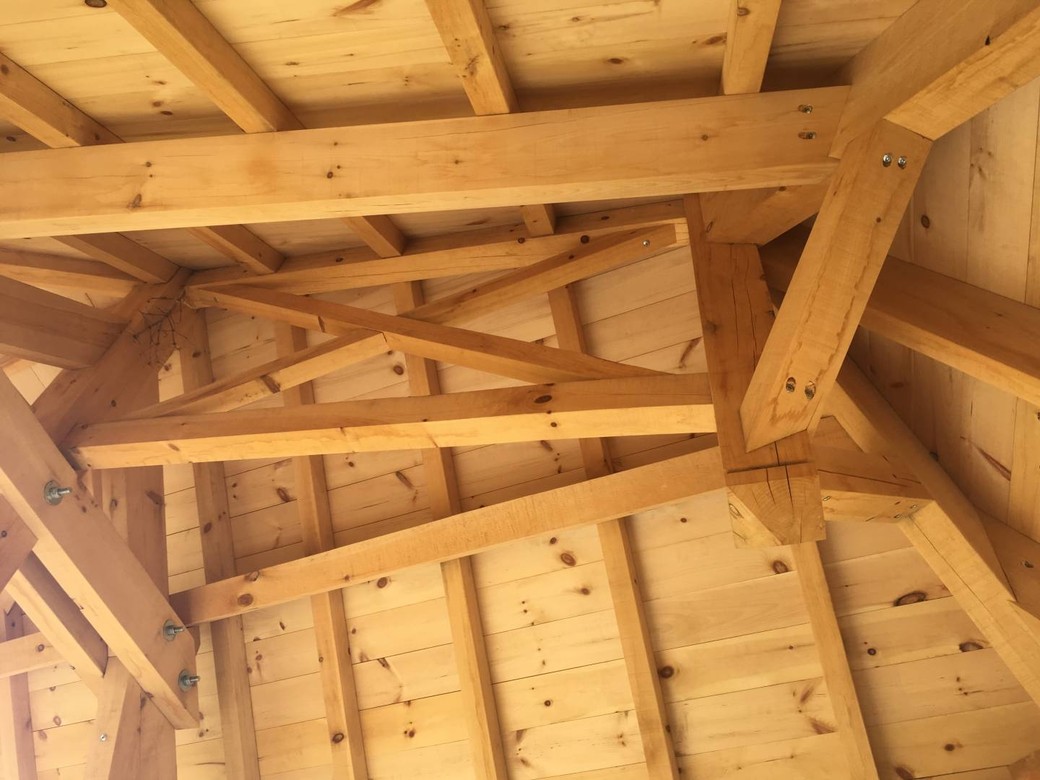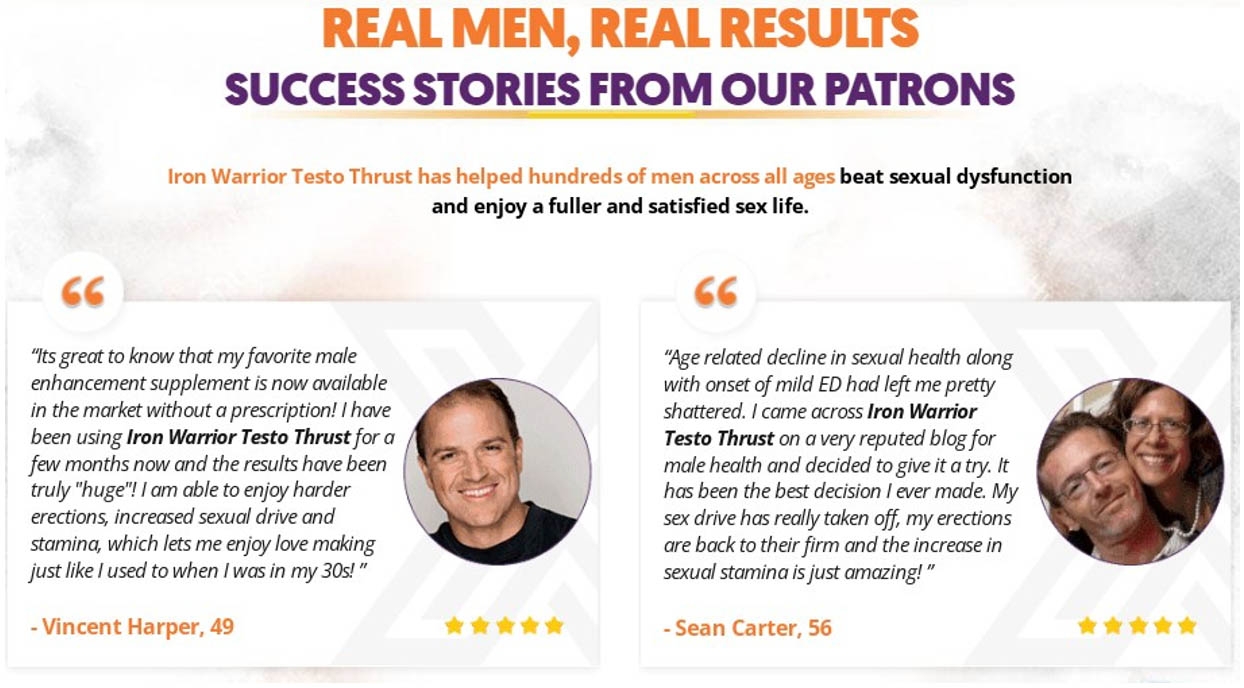
Women and Children Gain from Global Affairs Partnership
Natacha was at a crossroads. Should she marry the man she loved, even though he lived in the water-deprived village of Anoum (Benin), in West Africa?
For women in other villages, choosing to live in Anoum was not a decision to take lightly. Young girls and women are traditionally tasked with providing water for their families, so moving to a village with no water would mean Natacha would have to travel long distances to find it, often spending up to six hours each day in her search. During the dry season, water shortages meant waking up at 3 a.m., and once Natacha arrived to either a polluted river or trench, it would probably be noisy and crowded, surrounded by people from nearby villages, who also brought their livestock to drink. It would mean an arduous, and even sometimes dangerous, daily journey for the rest of her life.
Natacha shook her head. “No,” she thought. “It would be a hard and stressful life. If we had children, they would be sick all the time from the water. I would become bitter and would grow to resent my husband. No, I can’t marry him.”
This would have been a familiar struggle for many women considering moving to a village like Anoum. Not having a reliable source of clean water nearby is an all-consuming problem. Around 161 million children in the world suffer from stunted growth from chronic malnutrition, which has been linked to unclean water sources, lack of sanitation and poor hygiene. And every 90 seconds, somewhere in the world, a child dies from a water-related disease.
But now, thanks to the Global Aid Network (GAiN) and their Water for Life initiative, where they provide access to clean water through well installations, water is no longer a problem for Anoum.

It’s amazing what a well can do to transform a village. With easily-accessible safe water available year-round, women and children are no longer burdened with the simple task of finding water. The well means less disease and better hygiene, which means, healthier and longer lives. With less time spent travelling to find water, women are available to improve their communities and the lives of their families, and children have more time to go to school.
As of August 2016, GAiN’s Water for Life initiative has provided 1,327 wells in six different countries, provided clean water to over 1.327 million villagers, and more than 110,652 people have attended hygiene and sanitation training. GAiN plans to bring safe water to 1 million more, by 2020.
Now, Global Affairs Canada has partnered with GAiN on a four-year project designed to improve Maternal, Newborn and Child Health (MNCH), in Benin and Togo, West Africa. The program aims to increase access to clean water, provide training in healthy practices, increase gender sensitivity and to encourage better nutrition for mothers, pregnant women, newborns and children under the age of five.
Each well provides access to safe water for approximately a thousand people. Villages also receive education and training on well maintenance, hygiene and sanitation. Local health teams are formed to educate villagers on topics such as: gender issues, maternal health, disease prevention, basic nutrition and treating symptoms such as diarrhoea.
Global Affairs Canada has committed to contributing 85 percent of the $4.2 million needed to fund MNCH, and the remaining 15 percent will be funded through the public and GAiN’s supporters.
One of the medical doctors in the Anoum area, Dr. Takpara, partnered with GAiN on the MNCH program, she said, “The health of villagers is improving, due to the addition of the well. Drinking clean water stops all waterborne diseases, and its symptoms, such as severe diarrhea and cholera outbreaks.”
Access to clean water changed the village of Anoum, and it can drastically improve the livelihood of many others. But GAiN can’t do it alone.
HELP PEOPLE WHO ARE HURTING AND IN NEED: globalaid.net









